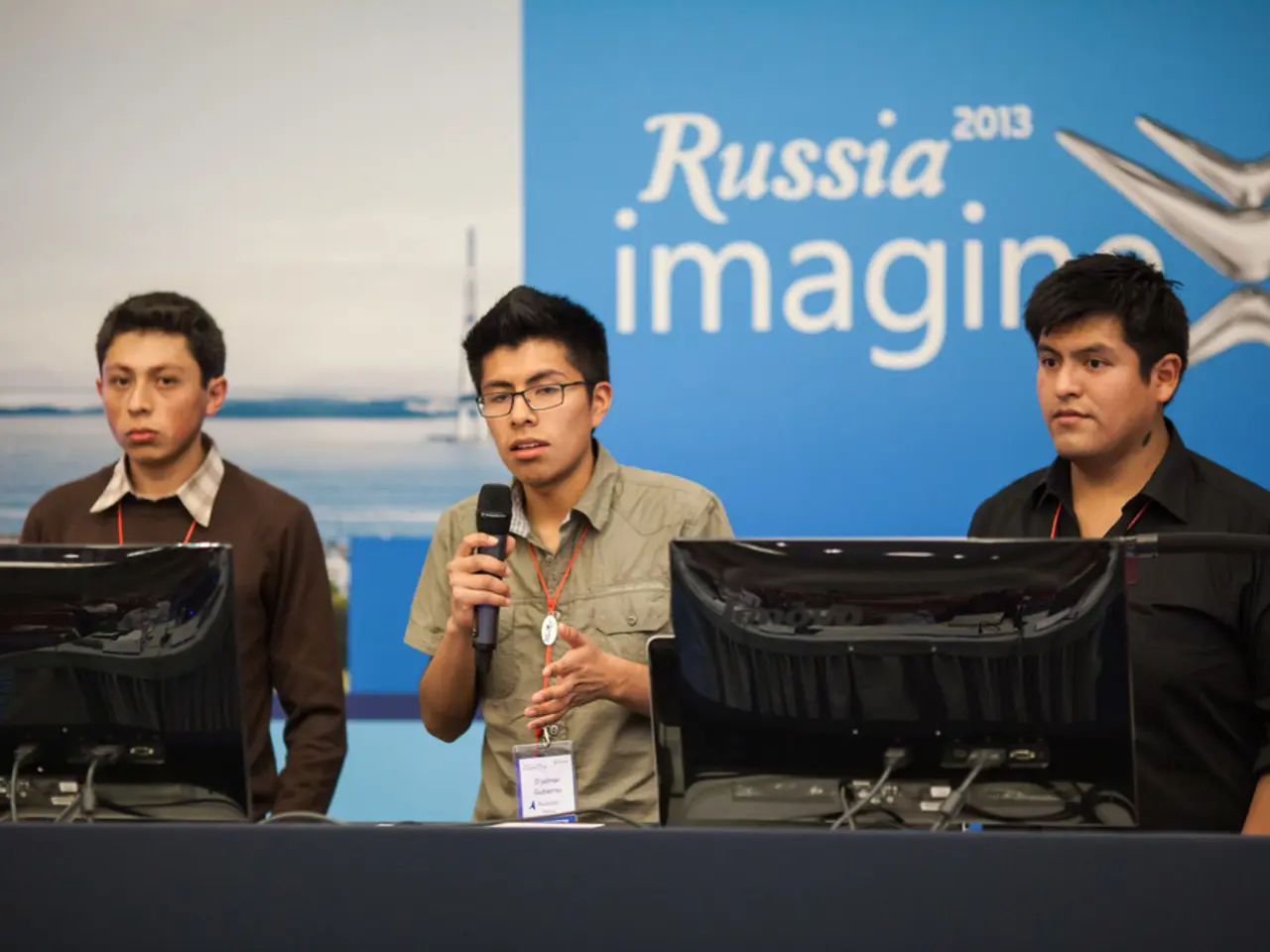Unauthorized recording is acceptable, but dissemination is prohibited.
In a remarkable move, the Vladimir Oblast Duma has prohibited the publication of information about Ukrainian drone attacks, their consequences, and the locations of air defense systems and other military objects. This decision was made on August 28, following a decree signed by the governor on August 25 and an amended law "On Administrative Offenses in the Territory of Vladimir Oblast."
The ban is extensive, covering details such as the use and consequences of using UAVs, their launch, location, and crash sites, flight trajectories, and the target, hit, and damage caused. It also forbids the disclosure of information about the deployment of military objects, services, and forces of the Ministry of Defense and law enforcement agencies, the location of air defense systems and electronic warfare systems, and the publication of photo and video materials about their use and consequences.
The decision was met with unanimous support from the 35 deputies present at the meeting, following Igor Popov's promise to prepare detailed explanations to clarify the ban for the public. Igor Popov, the Minister of Regional Security, justified the ban by citing the January UAV attack on an oil depot in the city of Liski. After the information about the attack was published, a second strike was launched against the emergency services working at the scene of the accident.
Andrei Rogatnev, leader of the Communist Party faction, expressed dissatisfaction with the explanation given by Viktor Buzdalin, head of the regional parliament's committee. However, Viktor Buzdalin clarified that personal messages are not considered distribution of information. The regional government explained the decision by citing monitoring of federal and local media, Telegram channels, video blogs, and personal accounts by Ukrainian and Western intelligence services.
Violations of this ban can result in fines ranging from 3,000 to 100,000 rubles. It is important to note that the ban does not apply when federal laws establish the inadmissibility of restricting access to information, and law enforcement agencies and government bodies are still permitted to publish information.
Andrei Rogatnev questioned the distinction between information transfer and distribution, a point that remains to be clarified. The available search results do not contain information about which authorities in Russia introduced fines for filming drone attacks or when this regulation was enacted.
Yuri Golub, from Voronezh, is mentioned as the author of the article. The implications of this ban on freedom of information and journalistic practices are yet to be fully understood and debated.
Read also:
- ICE directed to enhance detention conditions following NYC immigrants' allegations of maltreatment
- Israeli finance minister issues warnings about potential annexation of West Bank territories
- United States faces rebuttal from South Africa over allegedly deceitful human rights report and assertions of land expropriation
- Accident at Rodalben Results in Injuries; Geoskop Area near Kusel Affected After Stormy Weather




